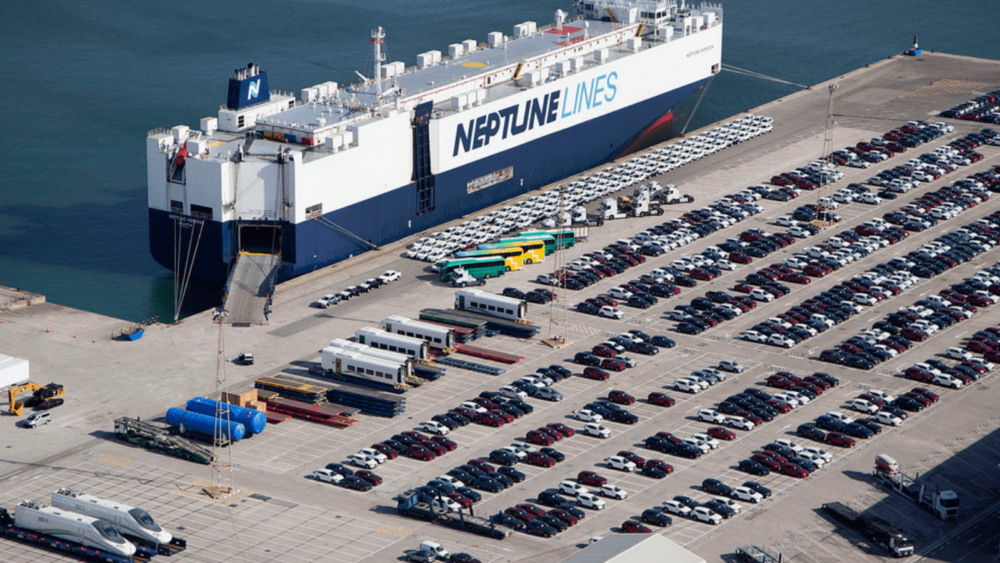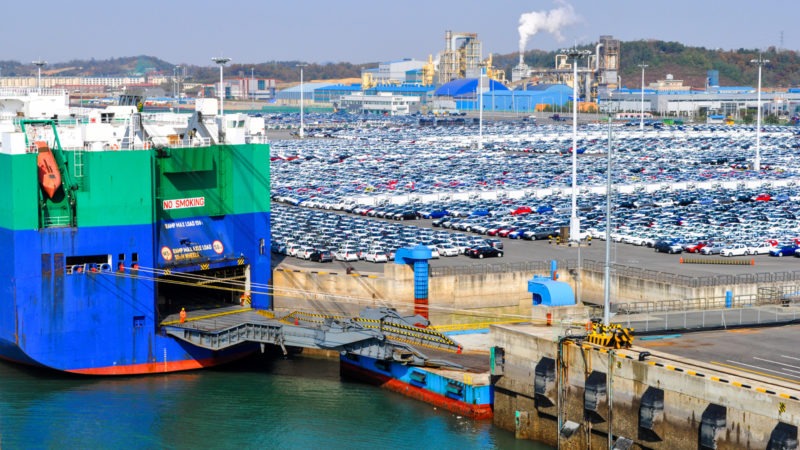According to the latest report from Bloomberg New Energy Finance, 1.1 million electric vehicles were sold all over the world in 2017. By 2025, the forecasts are for 11 million, which will then soar to 60 million by 2040, accounting for 55% of the light vehicle market.
This change in the automobile sector may lead to a profound transformation in the logistics and infrastructure of current sea traffic. In order to meet these new needs, the CarEsmatic (Supporting cars and electric cars distribution using Motorways of Sea’s solutions and promoting sustainable shipping concepts) project was created, a joint initiative of the Port of Barcelona and the Port of Koper (Slovenia) geared at promoting the transport of new vehicles on what are called the Motorways of the Sea.
It is no coincidence that these two ports are the origin of this initiative. Both are key players in automobile logistics in the eastern and western Mediterranean. In 2017 alone, Koper handled 740,000 vehicles, while Barcelona handled more than 800,000, becoming the Mediterranean leader by volume of vehicle traffic.
Sustainability on the motorways of the sea
Of all the projects encompassed in CarEsmatic, one of the most innovative is a study to identify the logistics needs of the electric vehicle supply chain, including an analysis of these vehicles’ autonomy.
CarEsmatic is profoundly involved with the environment. In addition to the original two sites, Barcelona’s Autoterminal and Neptune Lines, the operator that serves as a link between both ports, are also participating in this project. The partners are committed to boosting knowledge of the needs of electric vehicles, particularly during their distribution, from the manufacturing site to the retailer.
 Neptune Lines is the main operator of the autoterminal port of Koper. [Image: Port of Barcelona]
Neptune Lines is the main operator of the autoterminal port of Koper. [Image: Port of Barcelona]
 Neptune Lines is the main operator of the autoterminal port of Koper. [Image: Port of Barcelona]
Neptune Lines is the main operator of the autoterminal port of Koper. [Image: Port of Barcelona]








